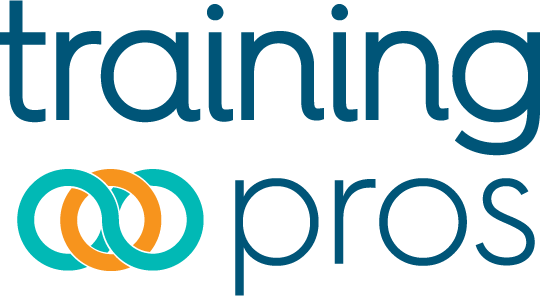Michael Schnabel
Director of Quality
St. Jude Medical
Michael Schnabel is a Director of Quality at St. Jude Medical and is based in Plymouth, MN. Michael has responsibility for Supplier Quality groups located in Minnesota, Texas and California. He is an ASQ certified Quality Manager/Organizational Excellence, Black Belt and Quality Engineer. Michael holds a Master’s in Business Administration from the University of St. Thomas in St. Paul, MN and is an adjunct instructor at St. Cloud State Universities Masters of Science in Medical Technology Quality program.
Michael will be one of the distinguished speakers at the 3rd Annual Medical Device Supplier Quality Conference.
Why is the 3rd Annual Medical Device Supplier Quality Conference important for quality executives?
For me, it is important to attend to get new insights and practical ideas to make continuous improvement.
What initiatives are on the horizon for your team in 2016?
Some major initiatives are:
- Quality Management System. Combine different Quality Systems (from a previous divisional structure and companies purchased) into One Quality System. This includes Purchasing and Supplier Controls.
- Acquisition integration.
- Transferring manufacturing within company sites to streamline the value stream and gain supply chain efficiencies.
- Optimized Product Development
In what ways have you made collaboration with suppliers a reality?
- We have always collaborated. We have made improvements with Supply Chain splitting into commodity groups.
- For strategic partners annual onsite business meetings are held.
- We have subject matter experts on staff (example: molding) that we deploy to work with suppliers.
- For contract manufacturers we have established joint value-stream meetings at defined intervals to share metrics, continuous improvement and other planning and control elements.
What are key warning signs you look for when partnering with a supplier?
- Fiscal health, typically shown in a D&B report. If they are not paying their bills it could mean systemic issues
- Unwillingness to commit contractually to things offered in a bid or in verbal discussions
- Less than stellar references from existing clients
- Response to our solicited business assessment > if the following are poor = warning
- Timeliness in responding (1 week vs constant reminding)
Thoroughness and quality of response - Quality of attached documentation (evidence)
- Poor organizational structure
- Significance of procedures, etc.
- Timeliness in responding (1 week vs constant reminding)
- Willingness to sign our Supplier Quality Agreement > caution with level of reluctance
- Notification of change terms (some will debate)
- Right to audit terms (some overly cautious of process confidentiality)
- Onsite supplier audit results > seeing is believing
- Professionalism of facility (visual cleanliness, communications, advertising, etc.)
- Leadership representation at audit
- Quality postings – process control indications
- Number of audit findings, and response to audit findings
What are some successful projects you have implemented to simplify supplier quality?
We have completed several ‘One Quality Management System’ programs to combine multiple division/acquisition documents into one Quality System. A Global Quality system ensures consistent results for us and for our suppliers as they interact with all of our global sites.
How do you see supplier quality evolving over the next 5-10 years?
I see expanded outsourcing of non-core manufacturing of sub-assemblies and finished devices. This will place larger partnership and control activities within Supplier Quality. Companies will need to develop and execute successful partnership strategies. I see continued growth by acquisition. Supplier Quality will need to develop and master strategies to integrate the suppliers and supplier controls of the acquired company. I see the supply chain becoming more complex through the expansion of global suppliers and suppliers using sub-tier suppliers.
Rank the following supplier quality practices. 1 = Our company’s biggest improvement area. 5 = Our company has mastered this!
5 = Supplier audits
3 = Supplier development
3 = Supplier monitoring
3 = Supplier collaboration
2 = Sub-tier supplier management





